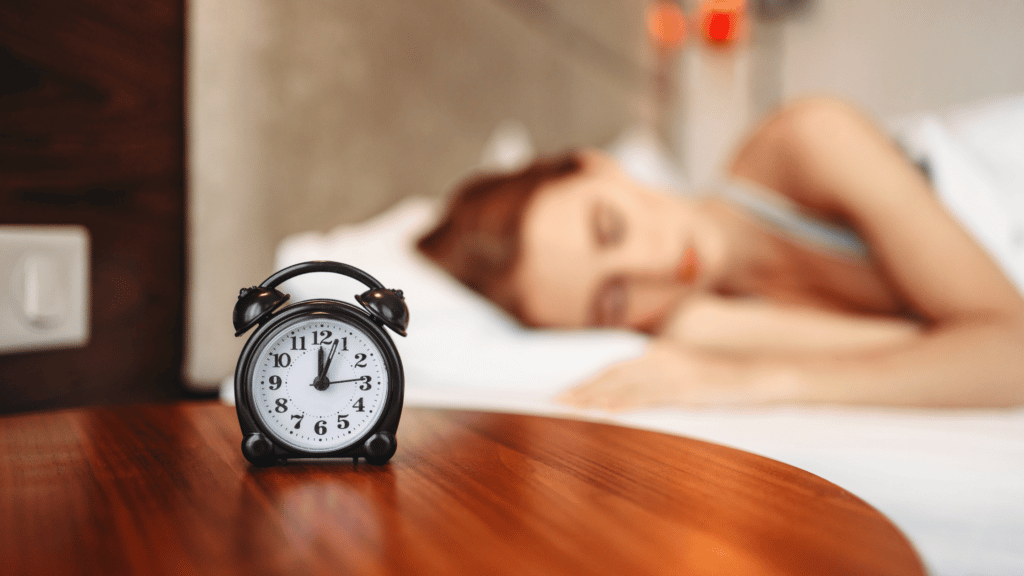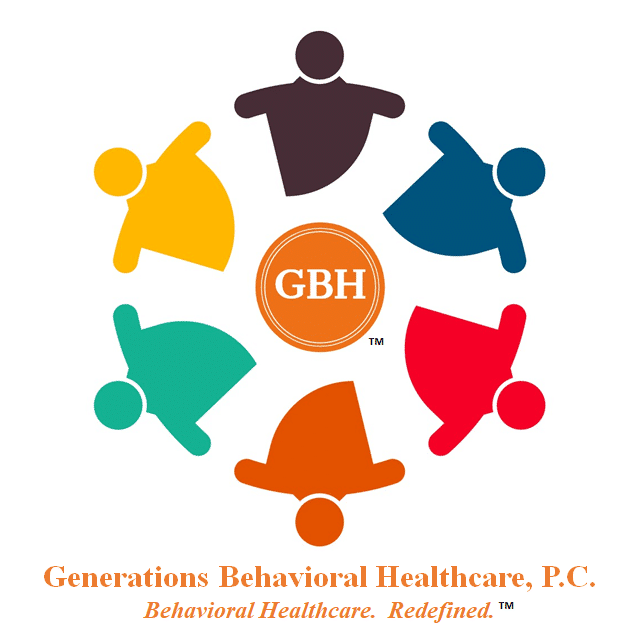
What are sleep disorders? How do you decide if you are experiencing a sleep disorder or just restless sleep? Many people experience occasional problems sleeping well, not getting enough sleep, and not feeling rested after sleeping? When these problems persist, though, they can suggest a deeper problem with sleeping – sometimes referred to as a “sleep disorder.” There are actually many types of sleep disorders characterized by the cluster of symptoms displayed. Common sleep disorders include insomnia, sleep-walking or talking, and restless legs syndrome. Each of these conditions will be briefly described here.
Insomnia is among the most common problems reported by adults to their doctors. Oftentimes, insomnia – or not getting enough sleep or good quality sleep – is the result of poor lifestyle choices. For instance, alcohol use, excessive stress, and weight issues can contribute to insomnia. Doctors will often recommend improved sleep habits and reduced stress in order to combat insomnia before prescribing sleep medication. In severe cases, especially when breathing problems are suspected, the doctor may order a sleep study to investigate the causes of insomnia. Insomnia can also be related to more severe mental illnesses like depression, anxiety disorder, and bipolar disorder.
Sleep-walking and talking are relatively infrequent but can be debilitating when they are present. Here, the person actually engages in physical activity – walking and talking – when they are supposed to be asleep. These disorders are thought to be related to disruption of the sleep cycle where the body is not immobilized when dreaming. In a sense, the person ends up acting out his or her dream instead of sleeping through the dream.
Restless legs syndrome is a condition characterized by uncomfortable feelings in the legs and feet while sleeping which often results in excessive movement of the legs to try to alleviate the discomfort.
In all cases, it is important to have a thorough medical examination to rule out more serious factors related to sleep disorders.
If you have questions about your sleep or would like to schedule a consultation or appointment, please Contact Us or visit our website to set an appointment.

